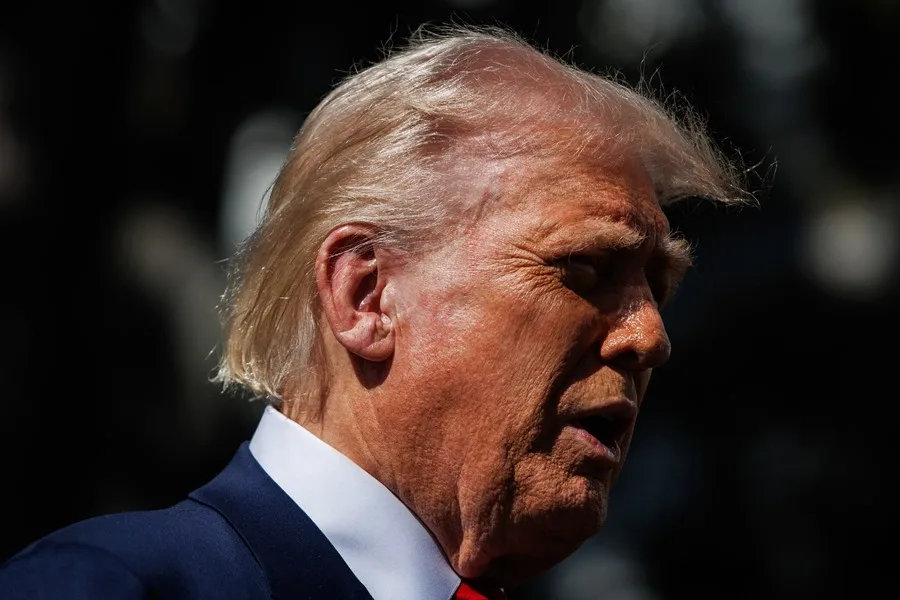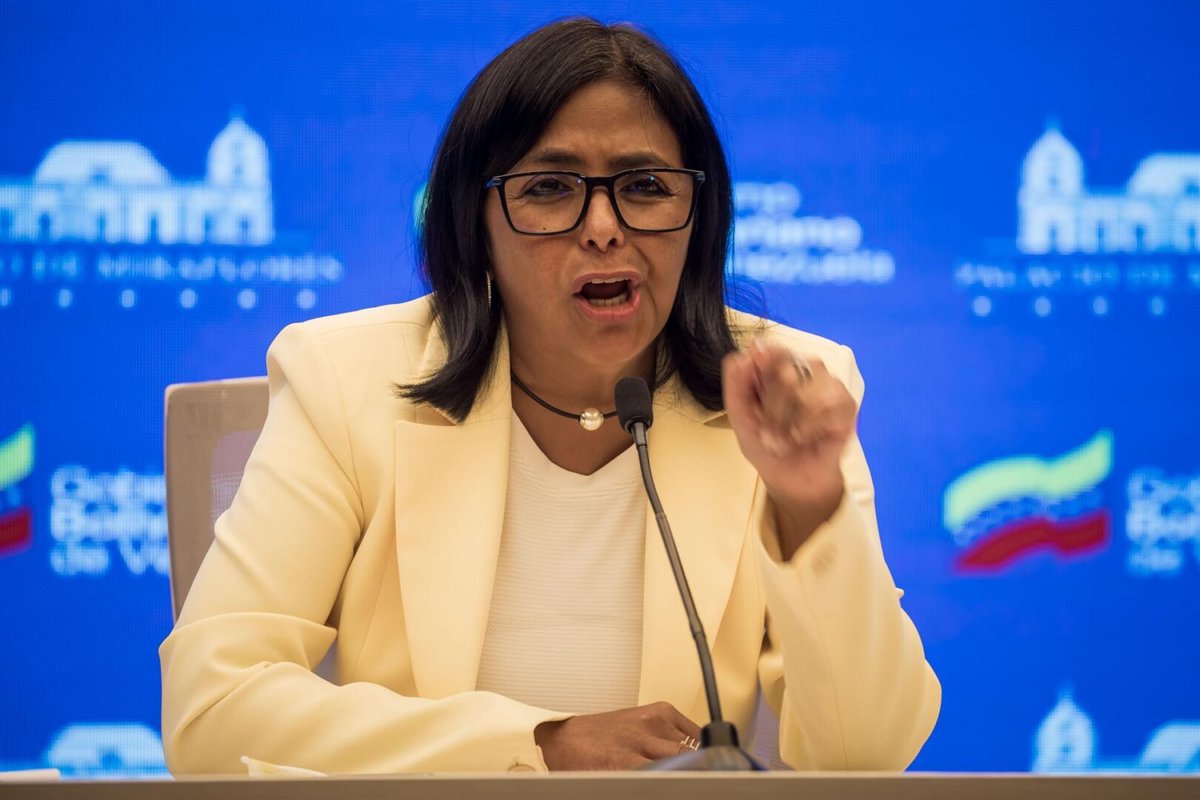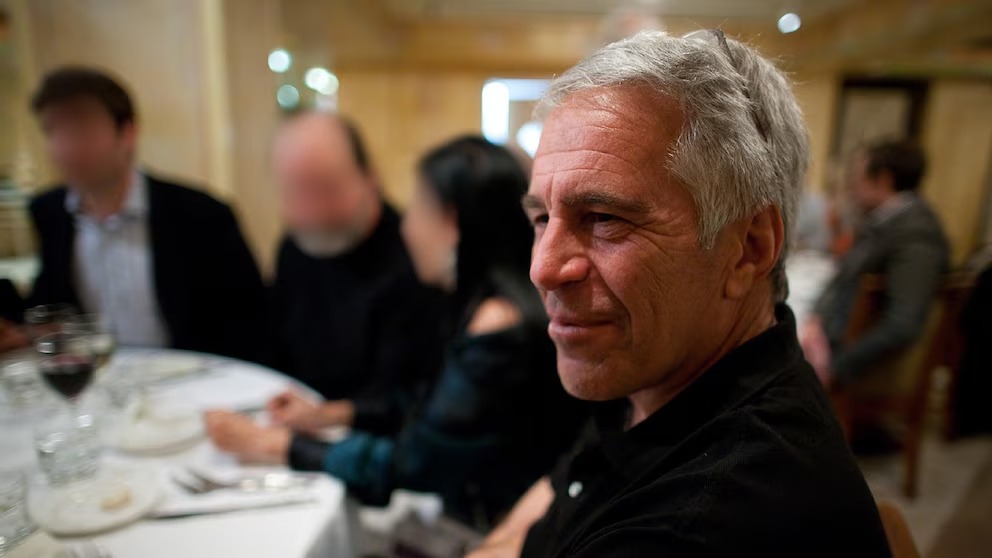International
Constitutional Court Removes Yoon: Lee Jae-myung’s Rise Sparks Warnings of a Radical Shift

On April 4, South Korea’s Constitutional Court unanimously removed conservative-leaning President Yoon Suk Yeol from office, citing his declaration of martial law on December 3.
Elections to replace Yoon have been scheduled for June 3. The leading candidate is Lee Jae-myung, a hard-left, anti-American figure from the Democratic Party of Korea. If Lee secures the presidency, he is almost certain to seek the dissolution of South Korea’s alliance with the United States and open the country to further Chinese and North Korean influence. Reportedly a believer in Korean reunification, Lee is expected to do everything in his power to merge the Republic of Korea with the Democratic People’s Republic of Korea — North Korea’s official name.
Although the South Korean public largely does not support Lee’s agenda, there are two serious concerns. First, Lee is utterly ruthless — this month he threatened “horrible mass bloodshed and chaos” if the Constitutional Court reinstated Yoon. Second, his party is widely expected to manipulate the upcoming election.
The June vote could very well be South Korea’s last truly democratic election.
Every national election in South Korea this decade has been marred by allegations of fraud. It is widely suspected that the Democratic Party — commonly known as Minjoo — tampered with ballots in at least the last three national elections, starting in 2020.
Their “uniformly narrow” victories across districts in the 2020 National Assembly elections were “statistically improbable,” as were the results in last year’s legislative elections. In both 2020 and 2024, outcomes sharply diverged from final opinion polls, a red flag for potential fraud.
Equally suspect was Lee Jae-myung’s strong performance in the 2022 presidential election, in which he lost to Yoon by a far slimmer margin than polls had predicted.
International
HRW Warns Trump’s Influence Has Weakened Human Rights in Latin America

Human Rights Watch (HRW) warned that the political influence and rhetoric of U.S. President Donald Trump have contributed to a deterioration of human rights conditions across Latin America and the Caribbean. In its World Report 2026, the organization stated that several governments in the region have committed abuses against migrants and citizens, or have used U.S. policies as justification to impose harsher repressive measures.
During the first year of Trump’s new term, HRW observed that multiple countries violated the rights of foreign nationals under direct pressure from Washington. Other governments deepened security strategies based on militarization, mass detentions and excessive use of force, according to the report.
“The impact of the Trump administration has undoubtedly been negative in Latin America and the Caribbean,” said Juanita Goebertus, HRW’s Americas director. However, she emphasized that “governments in the region remain responsible for defending democracy and fundamental rights, regardless of who is in power in Washington.”
HRW also reported that the United States significantly reduced cooperation funding for human rights organizations and independent media. At the same time, countries such as El Salvador, Peru and Ecuador passed laws allowing the arbitrary closure of civil society organizations and media outlets, weakening democratic systems and institutional checks and balances.
The organization further criticized what it described as a “double standard” in U.S. foreign policy, which condemns human rights violations in Venezuela, Cuba and Nicaragua while overlooking serious abuses committed by allies such as El Salvador, Peru and Ecuador. The report also included criticism of the U.S. military attack against Venezuela in early 2026, warning that it could strengthen Nicolás Maduro’s regime and respond primarily to U.S. political and commercial interests.
International
Delcy Rodríguez Takes Control of Chavismo as Venezuela Enters a U.S.-Supervised Transition

With short speeches and an academic image, Delcy Rodríguez—the woman sworn in as Venezuela’s acting president—has taken the helm of Chavismo at a critical moment, as the movement seeks to ensure its survival while the country enters a phase of change overseen by the United States, putting the foundations of the revolution to the test.
Following the military operation on January 3 that resulted in the capture of Nicolás Maduro, the Chavista leadership moved quickly to fill the power vacuum and confront the new political dynamic from within the state apparatus. In this context, Rodríguez has emerged as the central figure tasked with steering the ruling movement through an uncertain transition.
Although she has held telephone conversations with U.S. President Donald Trump and Secretary of State Marco Rubio, Rodríguez has publicly insisted on Venezuela’s independence and has sharply criticized an opposition that currently lacks meaningful influence within the political landscape.
“Enough of Washington’s orders over Venezuelan politicians. Venezuelan politics must be the one to resolve our differences and internal conflicts,” Rodríguez said on January 25, while defending her proposal for a “political dialogue” with both “like-minded” and “divergent” sectors, which she had presented two days earlier.
International
Epstein Denies Being ‘the Devil’ in Newly Released Video Interview

Jeffrey Epstein claims he was the least dangerous type of sex offender and denied being “the devil” in a video interview included in the latest batch of documents released over the weekend by the U.S. Department of Justice.
The roughly two-hour interview was conducted by Steve Bannon, a former adviser to U.S. President Donald Trump, and appears to have been recorded at the late financier’s New York residence on an unknown date.
Epstein died by suicide in 2019 while in jail awaiting trial on sex trafficking charges involving minors. Since December, the U.S. government has released millions of documents related to the case under transparency laws.
“Do you think you’re the devil incarnate?” Bannon asks Epstein in the video interview revealed in the latest release.
“No, but I do have a good mirror,” Epstein replies with a smile, wearing a black shirt and glasses. When pressed again, he adds, “I don’t know. Why would you say that?”
Epstein, who pleaded guilty in 2008 to soliciting a minor for prostitution, also appears to downplay the seriousness of his conviction.
He objects when Bannon refers to him as a “Level Three sexual predator,” a classification in the United States indicating a very serious threat to public safety.
“No, I’m the lowest,” Epstein says.
“But still an offender,” Bannon responds.
“Yes,” Epstein replies.
The exchange comes after Bannon asks Epstein whether he considers his wealth to be “dirty,” suggesting it was earned by advising “the worst people in the world.”
Epstein insists that he made his money legally, while acknowledging that “ethics is always a complicated issue.”
He claims he donated money to help eradicate polio in Pakistan and India, apparently in an attempt to justify the origins of his fortune.
The documents also show that Bannon maintained regular correspondence with Epstein, who offered to help the far-right political figure spread his conservative ideology in Europe.
Since Trump took office in January 2025, U.S. authorities have released millions of pages related to Epstein, along with photos and videos.
These materials have shed new light on Epstein’s ties to high-profile business executives such as Microsoft co-founder Bill Gates, celebrities including filmmaker Woody Allen, and academics and political figures, among them Trump and former President Bill Clinton.
-

 International2 days ago
International2 days agoEpstein Denies Being ‘the Devil’ in Newly Released Video Interview
-

 International2 days ago
International2 days agoSpain Seeks to Ban Social Media Access for Children Under 16
-

 International2 days ago
International2 days agoMexico to Send Humanitarian Aid to Cuba Amid U.S. Threats Over Oil Shipments
-

 International2 days ago
International2 days agoPetro Resumes Extraditions, Sends Top Criminal to U.S. Before White House Talks
-

 International2 days ago
International2 days agoHypothermia Linked to Most Deaths During New York’s Recent Cold Spell
-

 International2 days ago
International2 days agoMexico Arrests Suspect in Shooting of Sinaloa Lawmakers
-

 International21 hours ago
International21 hours agoDelcy Rodríguez Takes Control of Chavismo as Venezuela Enters a U.S.-Supervised Transition
-

 Central America4 days ago
Central America4 days agoCosta Rica Goes to the Polls as Voters Choose Continuity or Change
-

 International21 hours ago
International21 hours agoHRW Warns Trump’s Influence Has Weakened Human Rights in Latin America
-

 Central America2 days ago
Central America2 days agoLaura Fernández Says She Will ‘Never’ Allow Authoritarianism in Costa Rica
-

 International2 days ago
International2 days agoNFL Investigating Emails Linking Giants Executive to Jeffrey Epstein


























